METHODOLOGY
How we created the official Foodtech 500
Creating the list
To create the FoodTech 500 official list, the data from each application was processed using the FoodTech Data Navigator's unique algorithm, and then used to calculate a business size score as well as a digital footprint score. On the other hand, the sustainability score has been derived from a bespoke model based on the environmental data collected from the finalists.
This is how went about the entire process:
The first step was to manually validate every entry to create a shortlist of 500 finalists based on whether:
- The core company activity fits with our definition of AgriFoodTech as
"the emergent sector exploring how technology can be leveraged to improve efficiency and sustainability in designing, producing, choosing, delivering & enjoying food" – Forward Fooding definition, 2019. - The company is an incorporated entity and has an active website
- The company was formed less than 15 years ago
The FoodTech Data Navigator
Powered by Forward Fooding, the FoodTech Data Navigator is the world's first AgriFoodTech ecosystem platform. This state-of-the-art data intelligence platform has the ability to capture and monitor the evolution of interconnected AgriFoodTech startup companies, investors and accelerators globally.
By merging multiple sources of data, we are able to provide insight-rich and up-to-date information about most of the international AgriFoodtech players.
The FoodTech Data Navigator was an integral part of the creation of the official list of FoodTech 500 companies.
Below we explain how we have ranked the companies according to the following scores:

SCORE ONE:
Business Size Score
The business size score is generated via a proprietary algorithm that predicts the business growth based on financial performance indicators. We use indicators such as number of employees, funding activities and number of locations/offices. The algorithm is controlled by a test center of multiple fast-growing company lists.

SCORE TWO:
Digital Footprint Score
The digital footprint score is generated via a proprietary algorithm as a prediction of business growth based upon each company's digital presence, social media performance and visibility on the web. The algorithm takes into account over 25 elements such as your ranking in search engines, web traffic as well as followers, traffic & interaction on social media.

SCORE THREE:
Sustainability Score
Sustainability is a measure that in our eyes underpins these businesses as FoodTech in nature.We have chosen to create a unique sustainability impact score in the absence of a global framework to measure a business's sustainability impact. In order to score companies based on "sustainability", we looked at the following:

MANUFACTURING PROCESS
This metric looks at whether the company's manufacturing process has a low carbon footprint, uses suppliers that follow similar sustainability principles, involves renewable energy sources and the use of sustainable materials. Lastly it looks at whether the company takes active measures to make their supply chain more sustainable overall.

PRODUCT
This metric looks at whether the company's product is "certified" sustainable by an internationally recognised organisation and actively helps reduce the climate crisis. It also considers if the company uses tech to revolutionise our food system and whether it has a product take-back or recycling scheme in place.
COMPANY
This metric looks at whether the company has a dedicated sustainability team, makes sustainability a regular discussion point in company meetings, and has a publicly available commitment to sustainability or donates some of its proceeds to charity. It also considers whether the company's office space has an eco-friendly policiy such as a company recycling or reusing schemes.

REVENUE
Revenue, meaning whether a company generates revenue is important to consider because it looks at its capacity to have a real impact on its current ecosystem. Here, we are assuming that the more revenue generated by a company, the greater impact it can have on sustainability.

FUNDING
Funding, like revenue, looks at whether a company has received an investment in order to determine its capacity to have a real impact on its current ecosystem. Here, we are assuming that the more funds raised by a company, the greater impact it can have on sustainability.

UNITED NATIONS SDGs
We also looked at the company's dedication to the UN Sustainable Development Goals and its ability to recognise one of them as its priority. For more information about the sustainable development goals, and to find out the United Nation's aims for creating a sustainable future click here.
The applicant's performance in each of the above areas was then attributed to a certain number of points that were summed to derive the total sustainability score.
The last step was to then aggregate the three individual scores (business size, digital footprint, sustainability score) giving each finalist a score out of 300, which then determines their ranked position on the overall list and across the 8 different AgriFoodtech sub-categories.
Credits
This Foodtech 500 list was prepared under the direction of Alessio D'Antino. All information and data provided by the companies were reviewed and verified by a member of Forward Fooding team. In addition, we used data provided by the FoodTech Data Navigator Intelligence, which deployes the Data Scouts technology to calculate digital footprint score and business size score.
The following collaborated with the whole Forward Fooding team to bring to life the FoodTech 500 Methodology: Natalie Toufexis, Thomas Bastien, Max Leveau, Lesley Bambridge, Lorena Mastromatteo, Mathilde Redshaw among other collaborators who have helped us consolidating the methodology for creating the sustainability score.
GENERAL DISCLAMER ABOUT FOODTECH 500 METHODOLOGY
The data used to determine the business size and digital footprint score was derived from the FoodTech Data Navigator Ⓡ and was processed on the 30th of November 2019. The model used to score businesses on sustainability relies on responses provided by all applicant businesses in the form of a self-assessed survey and is not based on any other data source. Responses were manually validated for quality and accuracy.

